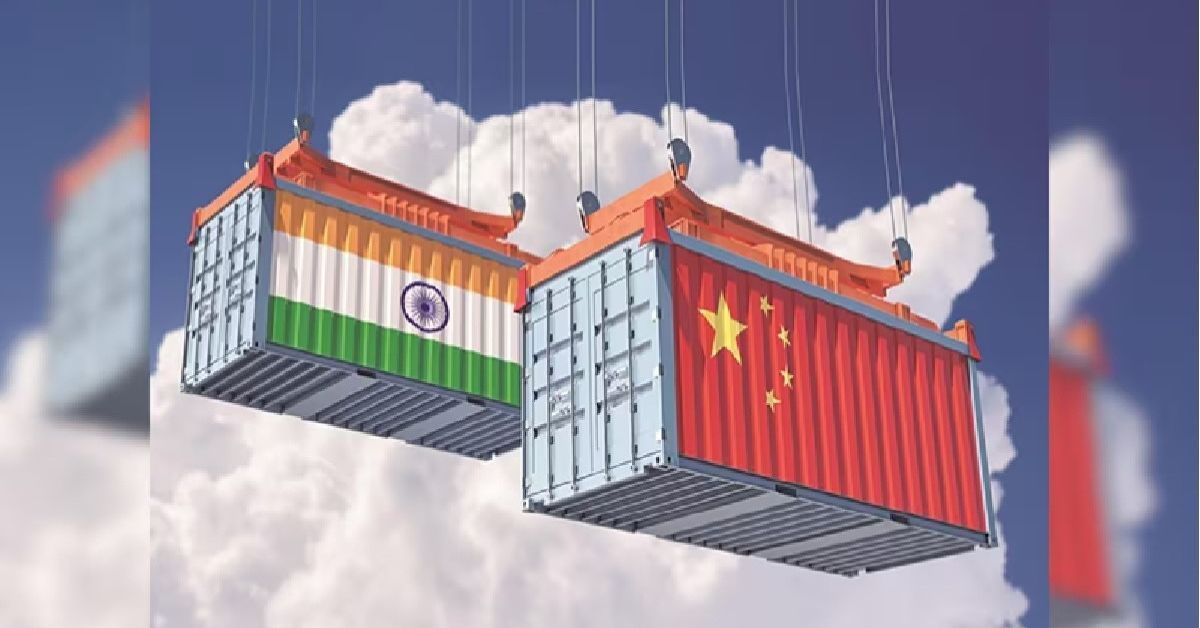India’s merchandise exports to China rose 20% year-on-year to $5.76 billion in the first four months of FY26 (April–July), compared to $4.80 billion in the same period last year, official data shows. The growth—driven by strong demand for energy products, electronics, and agricultural commodities—comes as a relief amid concerns over export losses from US tariff measures.
In FY25, India’s exports to China had contracted sharply by 14.5% to $14.25 billion, against $16.67 billion in FY24, with shipments declining in 11 out of 12 months. By contrast, FY26 has seen a consistent rebound from the start of the year:
- April 2025: up 12.9% to $1.4 billion
- May 2025: up 24% to $1.63 billion
- June 2025: up 17% to $1.38 billion
- July 2025: up 27% to $1.35 billion
If sustained, this trend could mark the first full-year recovery in Indian exports to China after last year’s slump, people familiar with the matter said.
Sector-wise growth
- Energy products: Petroleum product exports nearly doubled to $883 million (95.3% growth).
- Electronics: Shipments surged to $521 million (202.7%), reflecting industrial and consumer demand.
- Agriculture: Oil meals at $41.7 million (2656.1%), rice at $32.2 million (1383.3%), and oil seeds at $16 million (1791.7%) led extraordinary gains.
- Chemicals & traditional sectors: Organic and inorganic chemicals rose to $335.1 million (16.3%), spices to $234.5 million (21.9%), tea to $8.9 million (93.9%), and gems & jewellery to $11.5 million (72.7%).
- Moderate growth: Marine products (5.1%), mica/coal/ores (3.0%), and ready-made garments (14.8%).
Diplomatic boost
The rebound also comes on the back of recent positive diplomatic engagements. During Chinese Foreign Minister Wang Yi’s visit to New Delhi on August 19, both sides agreed to enhance bilateral trade, reopen border trade at Lipulekh, Shipki La, and Nathu La passes, and facilitate investment flows through “concrete measures,” according to India’s Ministry of External Affairs.
Despite the recent gains, India still faces a wide trade deficit with China, which stood at $99.2 billion in FY25. Sustained export growth in FY26 could help narrow this gap.









